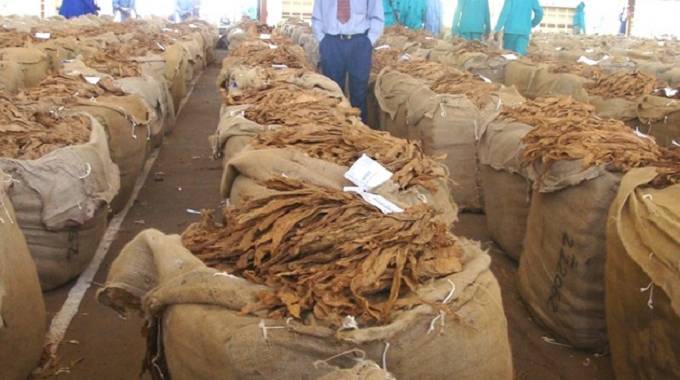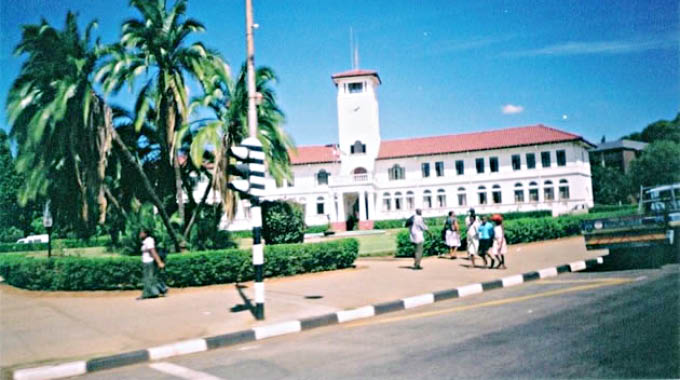TSL hit by delayed tobacco selling season

Business Reporter
DIVERSIFIED firm, TSL Limited recorded a slight decline of two percent in profit to $105 million for the half year to April 30, 2020 compared to $107 million recorded prior year comparative.
The late onset of the tobacco selling season, which was delayed by six weeks to April 29, 2020, had an adverse effect on the business. This added to an already challenging economic environment characterized by foreign currency shortages, inflationary pressures and poor utilities supplies.
A profit before tax of $121 million was achieved, which was 11 percent below $137 recorded in the same period last year. Profit from operations was nine percent firmer at $120 million from prior year comparable period’s $110 million.
Revenue for the period increased 19 percent to $380 million. According to company secretary Mr James Muchando, negligible tobacco revenues were recorded at Tobacco Sales Floor due to the late start to the tobacco selling season. The late commencement of the selling season also saw a 15 percent reduction in volumes at Propak.
“The current year is expected to be an unusual year for tobacco auctioning businesses given the regulations, which have allowed for decentralization of contact floors.
“Coupled with regulated limitations on movement between towns, independently grown tobacco is expected to be sold at nearest contract floors and not at auction in Harare,” said Mr Muchando in a performance overview for the period under review.
At Agricura, the business recorded volume growth across major product lines on the back of mainly stock availability, improved marketing efforts and better distribution through the outlet network.
Farming operations recorded satisfactory yields across its major crops – that is tobacco, maize, chillies and soya, which were largely grown under irrigation. Yields on banana plantations declined as the lower than expected rainfall resulted in water rationing.
The logistics business continued to operate as an essential service under the national lockdown, which eased supply chain disruptions. General cargo volumes went down 29 percent on prior year weighed down by reduced fertilizer movements due to drought.
For the tobacco division, volumes went up 89 percent due to extended processing from the 2019 crop.
The vehicle rental service- Avis recorded 19 percent decline in rental days due to international, regional and local travel restrictions effected to limit the spread of Covid-19. The real estate operations, which serves mainly agriculture related businesses continued to operate under lockdown.
Construction of 10 000 square meter warehouse, which is part of the Group’s redevelopment programmer commenced in April and is expected to be complete within the calendar year.
Management says focus going forward will be on creating resultant business with strong balance sheet that enables sustainable value creation.
The obtaining economic challenges are likely to persist in the best future and will have an impact on businesses across sectors.
“The operating environment remains complex and uncertain. Shortages of foreign currency, fuel and electricity persist. Rising inflation continues to erode disposable incomes and consumer buying power. The rapidly changing environment further complicates business operations,” said Mr Muchando.











Comments